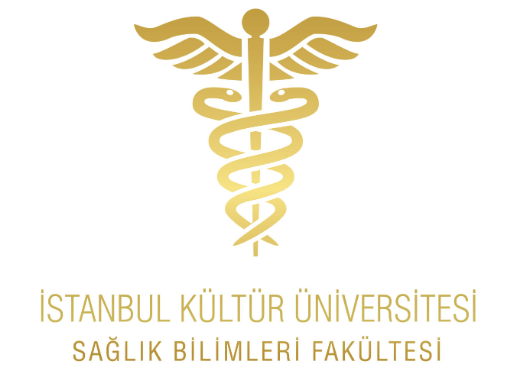Investigation of the relationship between burnout and attitude toward dietary treatment in hemodialysis patients
DOI:
https://doi.org/10.33308/2687248X.202571364Keywords:
Hemodialysis, burnout, dietary management, nutritional managementAbstract
Objective: This study was conducted as a descriptive cross-sectional study to examine the relationship between burnout and attitudes toward dietary treatment in hemodialysis patients. Method: The study population consisted of 200 individuals receiving treatment at a dialysis center in Istanbul between October 2024 and December 2024, while the sample included 153 individuals who agreed to participate in the study. Individuals aged 18 years and older, with no communication barriers, and who consented to participate were included, whereas individuals under 18 years of age, those with cognitive impairment, guest dialysis patients, and foreign nationals were excluded. Data were collected through face-to-face interviews using the Patient Information Form, the Short Version of the Burnout Scale, and the Attitudes Toward Dietary Treatment Scale for Hemodialysis Patients. The data were analyzed using descriptive statistical analyses and difference analyses. Results: The mean age of the participants was 60.11±12.55 years, and the mean score for the Attitudes Toward Dietary Treatment Scale was 2.97±0.27. A statistically significant difference was found in dietary treatment attitude scores based on gender, whereas no significant differences were found concerning age, marital status, education level, income level, smoking, presence of additional diseases, duration of kidney disease, or duration of hemodialysis treatment. The mean score of the Burnout Scale for individuals receiving hemodialysis treatment was 2.45±0.67, with significant differences based on gender, income level, and smoking status. However, no statistically significant differences were found regarding age, marital status, education level, presence of additional diseases, duration of kidney disease, or duration of hemodialysis treatment. Conclusion: The study found that individuals receiving hemodialysis treatment had low levels of burnout and moderate attitudes toward dietary treatment. Additionally, it was determined that as burnout increased, attitudes toward dietary treatment were negatively affected.
Downloads
Published
How to Cite
Issue
Section
License
Copyright (c) 2025 Journal of Health and Life Sciences

This work is licensed under a Creative Commons Attribution-NonCommercial-NoDerivatives 4.0 International License.


